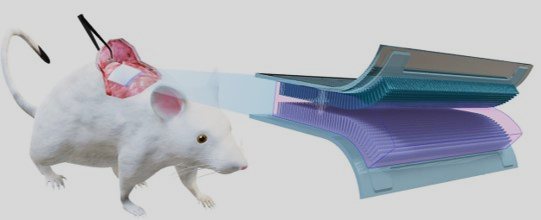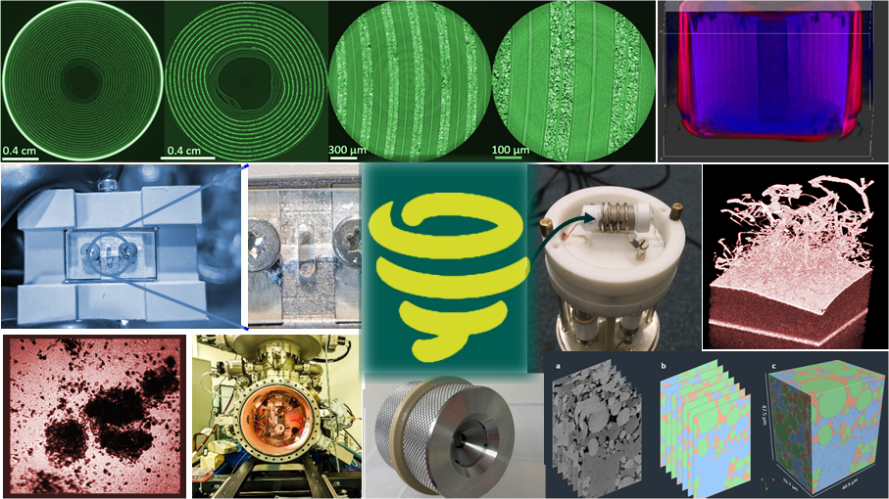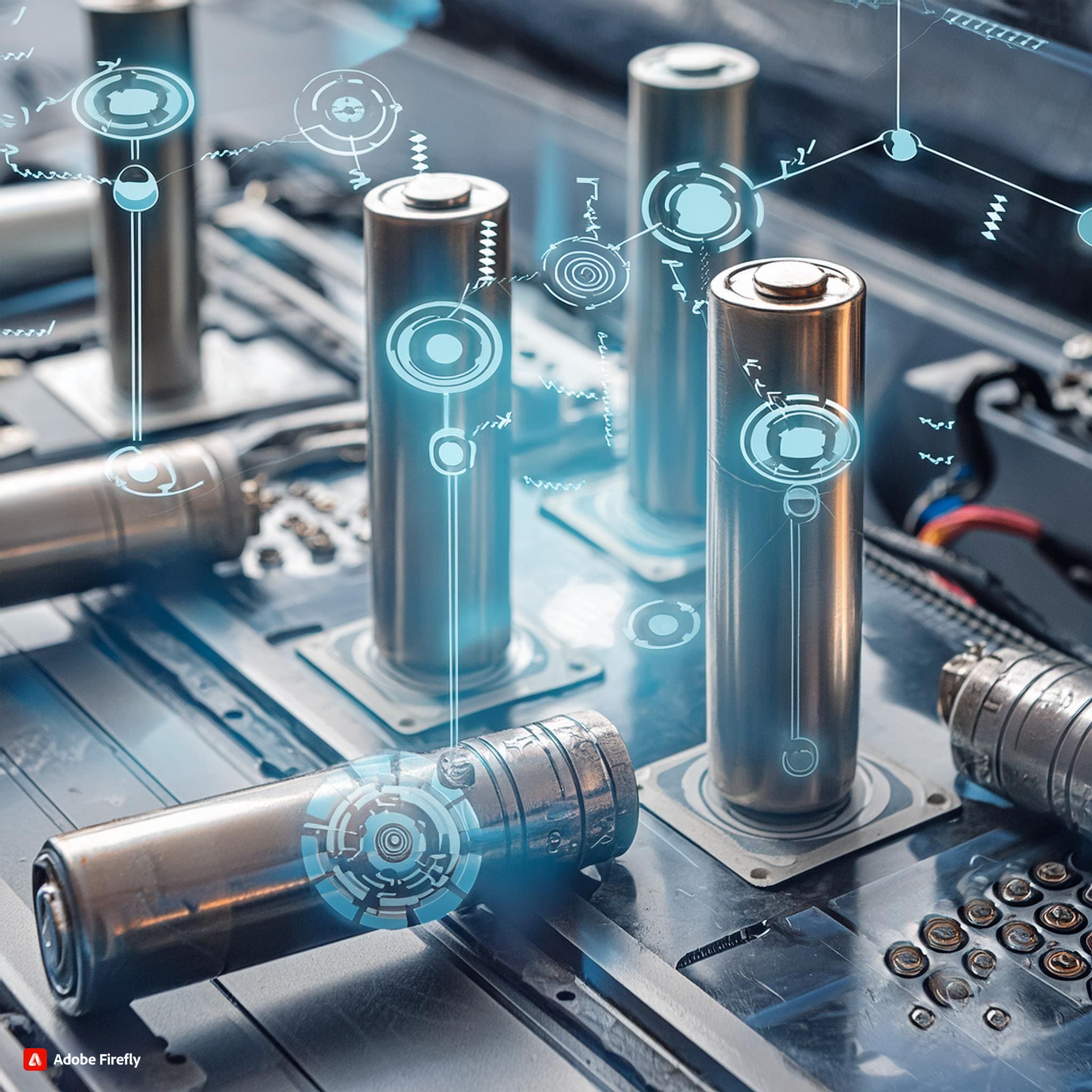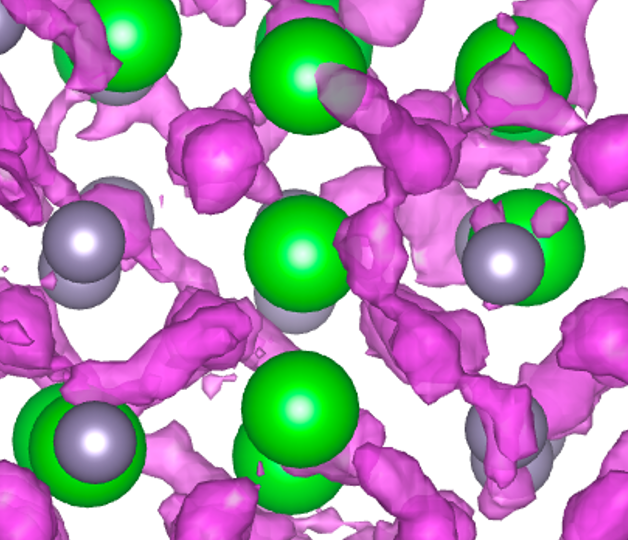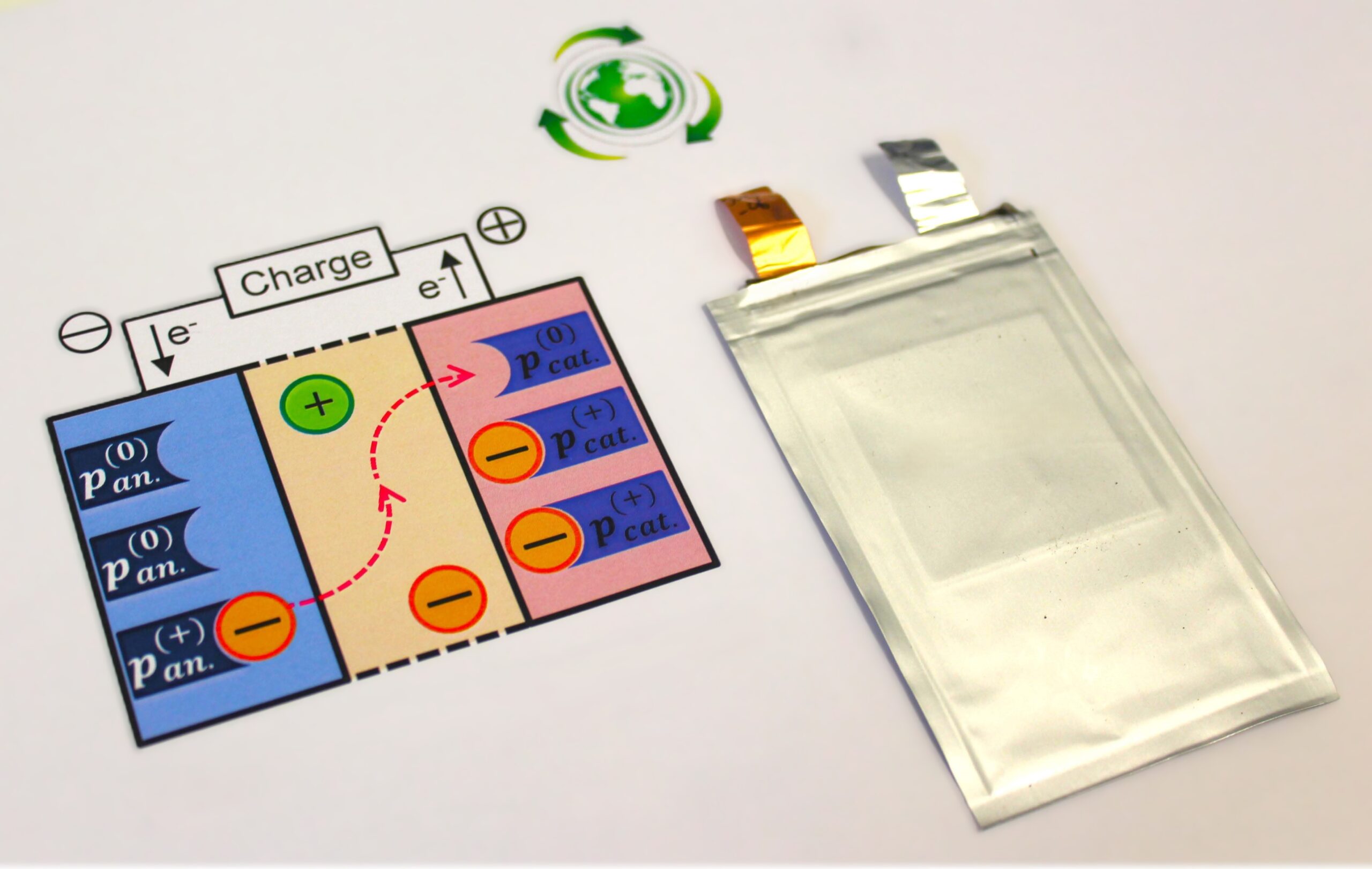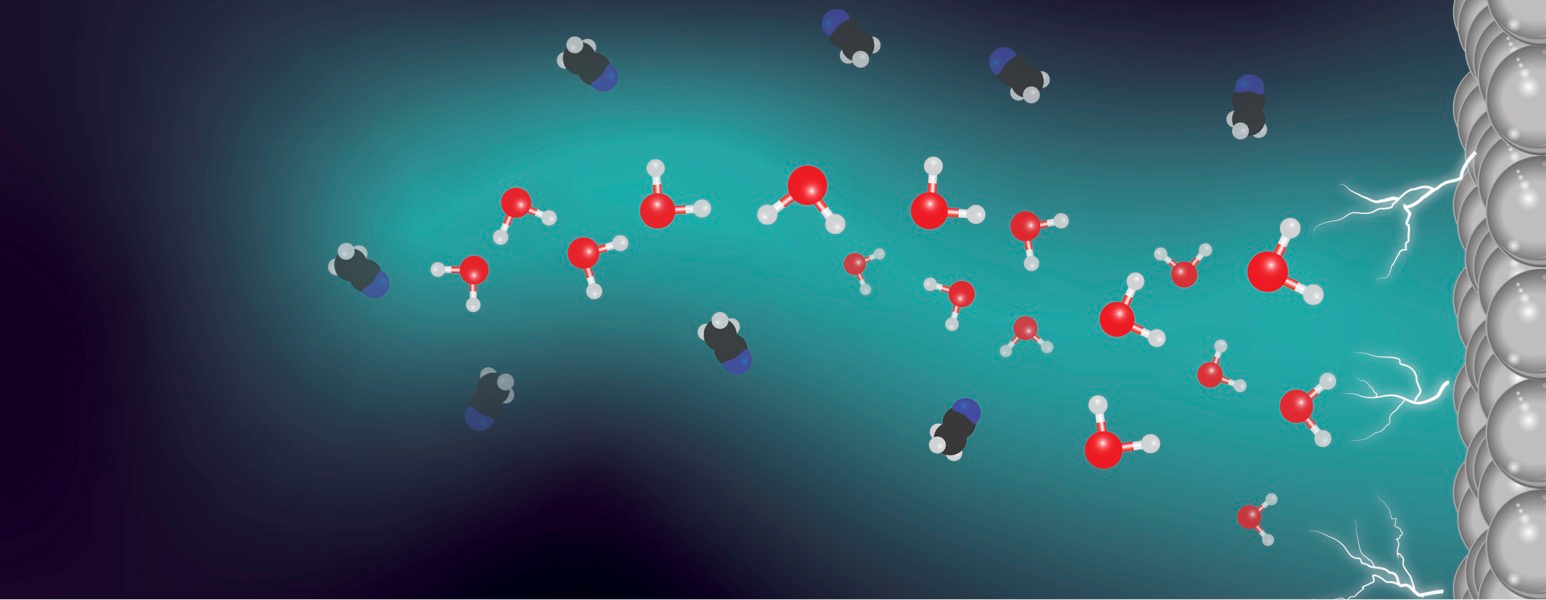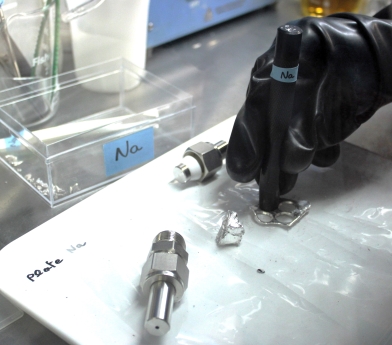
HIPOHYBAT
High-power batteries and supercapacitors
Overview
Innovative high-power sodium-ion batteries and supercapacitors with low environmental impact
Prof. Thierry BROUSSE (UMR IMN, CNRS / Université de Nantes)
Dr. Patrick ROZIER (UMR CIRIMAT, CNRS / Université Toulouse 3 / Paul Sabatier)
Growing environmental pollution concerns, combined with the increasing demand for alternative energy sources, necessitate the development of eco-friendly and sustainable electrochemical energy storage devices. The HIPOHYBAT project aims to develop two high-power battery technologies as alternatives to lead-acid and lithium-ion batteries: high-power sodium-ion batteries with 150 Wh/kg energy density, charging in under 5 minutes, and high-power hybrid systems with 50 Wh/kg energy density, charging in less than 1 minute, and a lifespan of over 50,000 cycles, using innovative, sustainable materials and eco-friendly synthesis processes.
Keywords
Sodium-ion, hybrid systems, new electrode materials, prototypes, supercapacitors, high-power batteries
Tasks
Our research
Work on Sodium-Ion batteries
The work will focus on the synthesis and characterization of advanced materials for positive and negative electrodes based on carbon.
The objective will be to increase the energy delivered at high power using materials derived from sustainable elements such as Mn, Fe, Ti, etc., employing low-cost and eco-friendly synthesis processes.
The project will also aim to develop fast-charging sodium-ion batteries with innovative electrolytes.
Work on materials for hybrid systems
The synthesis and characterization of carbon-based materials will be conducted to select the best materials for fast-charging energy storage devices.
Similarly, the synthesis and characterization of high-power redox materials will aim to enable the design of alternatives to carbon electrodes in high-power devices.
Additionally, to improve the energy density of high-power devices, the carbon/electrolyte interface will be specifically studied to extend the electrochemical window of carbon electrodes.
Prototyping high-power batteries
Prototypes of high-power batteries will be assembled, and their performance will be studied through standardized protocols.
The consortium
8 academic laboratories, 3 CEA institutes
This project will achieve significant advancements in high-power battery components with two major objectives:
Develop high-power sodium-ion batteries: 150 Wh/kg, less than 5 minutes of charging,
Develop high-power hybrid systems with an energy density of 50 Wh/kg, charging in under 1 minute, and a lifespan of over 50,000 cycles.
The engineering of electrode formulations will focus on achieving high ionic and electrical conductivities, as required for high-power applications. This will then enable the design of standardized prototypes, whose practical performance will be evaluated.
Reduction of greenhouse gas emissions, particularly those produced by industry and transportation; enhancement of renewable energy through storage and on-demand retrieval; and alleviation of dependency on critical materials like lithium and the negative consequences of its exploitation.
Training of 14 PhD students and 7 postdoctoral researchers.
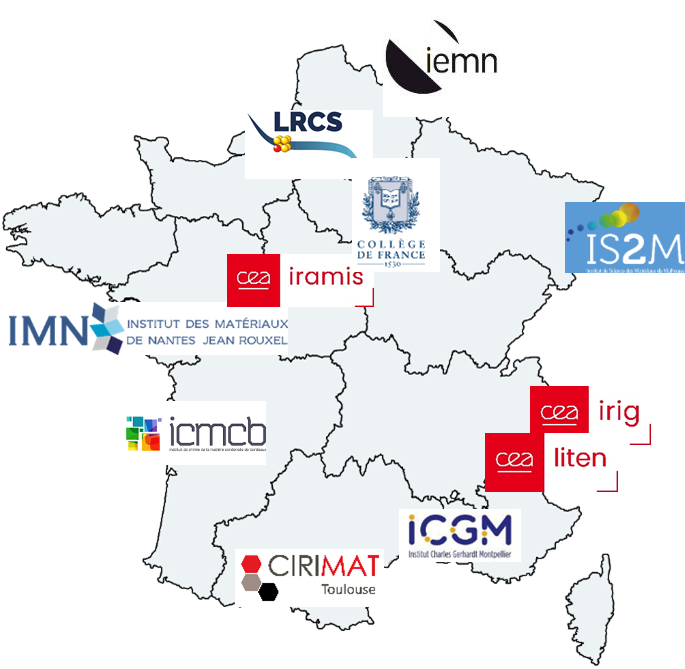
Les autres projets PEPR
